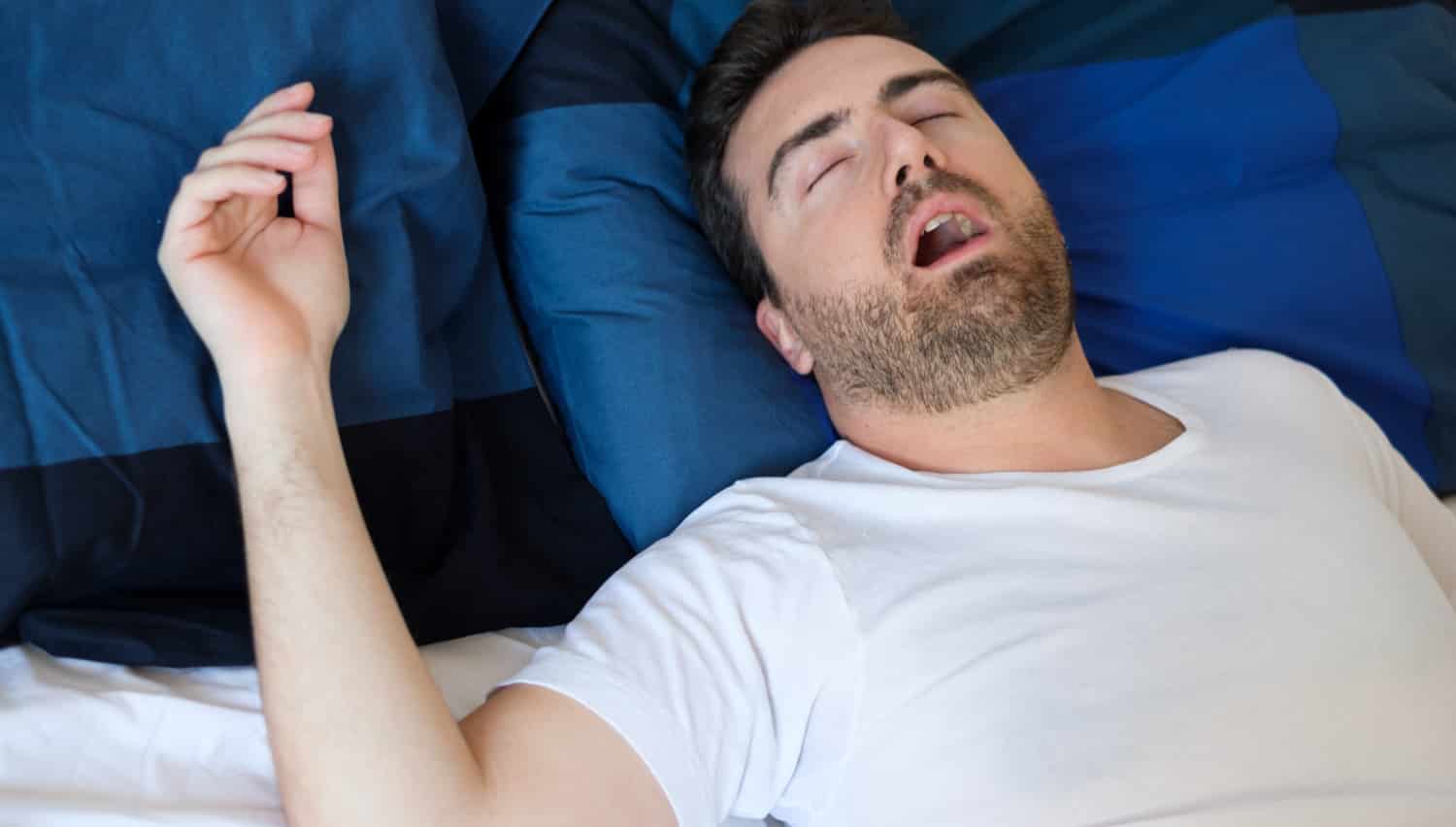Sleep is one of the most important factors that contribute to cardiovascular health, along with regular exercise and a healthy diet. Not getting enough sleep each night can have a cumulative effect that takes a toll on your well-being. Sometimes, this restlessness is the result of a sleep disorder. Sleep apnea is among the most common sleep disorders, affecting an estimated 22 million Americans each year. If it goes untreated, the consequences of sleep apnea can be a danger to your health.
What is Sleep Apnea?
Sleep apnea is a sleep disorder in which a person’s breathing pattern is interrupted throughout sleep. There are two types of sleep apnea – obstructive and central.
Obstructive sleep apnea is the most common type of apnea, as well as one of the most common sleep disorders. It occurs when the airflow through your nose and mouth is blocked by relaxed muscles during sleep, causing you to stop breathing for up to 10 seconds at a time.
Central sleep apnea is not caused by an actual blockage of the airway, but by failure to start breathing during sleep due to a lack of signals from the brain. This is most common among individuals with existing conditions, such as those who have a history of strokes, kidney or lung disease, or heart failure.
What Can Happen if Sleep Apnea Goes Untreated
If left untreated, sleep apnea can have both mild and severe consequences on your health and well-being. Mild irritants include snoring and restlessness during the night. This can also cause those in your household to have trouble sleeping. Consequences can follow you into the day as well in the form of headaches and fatigue, which can lead to underperforming at work or having trouble being present with your friends and family.
Sleep apnea also has more serious long-term consequences, both physically and mentally. Physically, people with sleep apnea can suffer from high blood pressure, strokes, and heart attacks. This is due to the decreased flow of oxygen to organs such as your heart, lungs, and liver. Mentally, a lack of sleep due to sleep apnea can disturb your emotions, which can put you at greater risk of depression and anxiety.
Other consequences include night sweats, sexual dysfunction, and memory problems.
Sleep Apnea Treatment
If you think you may have sleep apnea, the first step is to talk about it with a healthcare specialist. The specialist will evaluate you through a sleep study, which involves monitoring your breathing and vital organ functions overnight. This study can be done in a sleep disorder center or at home.
If your healthcare specialist diagnoses you with obstructive sleep apnea, two common treatments are continuous positive airway pressure therapy (CPAP), and the Vivos System. A CPAP machine delivers a constant flow of air into your nose and mouth to provide sleep apnea relief. However, these machines are noisy and only work if you use them habitually for the rest of your life.
The Vivos System is a more personalized approach to sleep apnea relief. A combination of doctors and dentists will create a specialized treatment plan and oral appliance that only needs to be used for one to two years. After that period, patients rarely need any further sleep apnea intervention. The Vivos System is also pain-free.
Vivos Dentist in Oro Valley
If you have obstructive sleep apnea, Smith Dentalworks is here to help. Our team of professionals can assess your specific case to offer you a customized device to help treat your condition.


